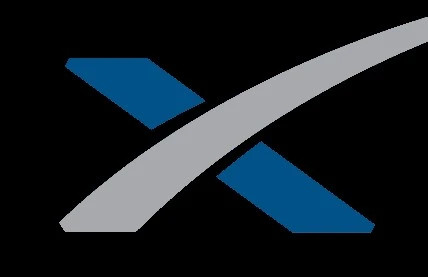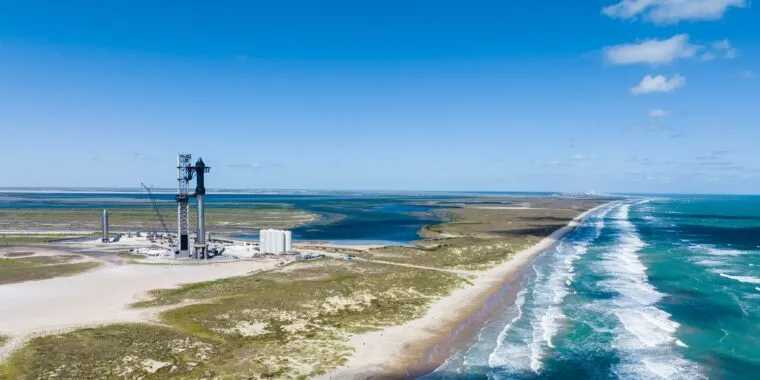They’re moving pretty fast for the FAA. Just much slower than SpaceX.
It seems like they may be overworked and understaffed, especially considering the recent acceleration in Falcon 9 launch cadence:
SpaceX is on pace to launch about 90 rockets this year, primarily Falcon 9 boosters from Florida. Next year, the company aims to increase that rate by about 50 percent. That is on top of new entrants such as United Launch Alliance’s Vulcan rocket, Blue Origin’s New Glenn, and other smaller rockets coming online. Then there is the increased flight rate by Virgin Galactic, the return to flight by Blue Origin’s New Shepard suborbital tourism rocket, and the potential for high-altitude balloon flights.
“We see a trainwreck coming,” said one of the SpaceX officials, citing all of this work that the FAA needs to perform.
“Next year could be a pretty dynamic time with lots of providers in spaceflight," another SpaceX official said. "Our concern is even today Falcon and Dragon are sometimes competing for FAA resources with Starship, and the FAA can’t handle those three activities together. So let alone what’s coming next year, or maybe even later this year, we just don’t think the FAA is staffed ready to support that.”
“I think people assume because Falcon flies every four days on average that that licensing process is kind of a well-oiled machine,” one SpaceX official said. “Certainly AST has made it work, and we have made it work, but I can assure you that it is very challenging. It’s very cumbersome. In many cases, we have deferred work that is associated with those programs because we know if we put those documents in front of FAA it is going to redirect their attention away from our Starship program, and vice versa. There is a very real problem here, with resourcing, where our programs are competing with each other.”
It will be interesting to see if and how these processes change going forward.
I mean, Musk can pay a little more taxes and then they could afford to hire more staff.
Agreed on the taxes (there shouldn’t be billionaires), but to give SpaceX a bit of credit, they’re offering to help fund some of this:
The company also believes that license applicants should be able to opt-in to help fund independent third-party technical support to assist the FAA surge in the near term
I suspect he pays a significant amount of taxes that could easily pay for the entire faa program then some. Not a big fan of his but from that point a view alone, pretty sure he is covering the cost by a factor.
You seriously think Musk pays enough taxes? Dude doesn’t even pay rent.
This is the best summary I could come up with:
The SpaceX officials said they want to be clear that the FAA is doing a reasonably good job with the resources it has, and that everyone supports the mission of safe spaceflight.
However, they said, the FAA needs significantly more people working in its licensing department and should be encouraged to prioritize missions of national importance.
Inefficient regulation, the officials said, is decreasing American competitiveness as space programs in China and elsewhere around the world rise.
“Maybe the committee can give them the big picture goals of what they want to accomplish for the US, and then maybe the FAA can be a little more innovative in how they interpret some of the rules and regulations," a SpaceX official said.
During the hearing on Wednesday, Gerstenmaier will recommend that the FAA double the staff in the licensing division of its Office of Commercial Space Transportation, which is known as AST.
The company also believes that license applicants should be able to opt-in to help fund independent third-party technical support to assist the FAA surge in the near term while the agency goes through the hiring process.
The original article contains 557 words, the summary contains 186 words. Saved 67%. I’m a bot and I’m open source!


